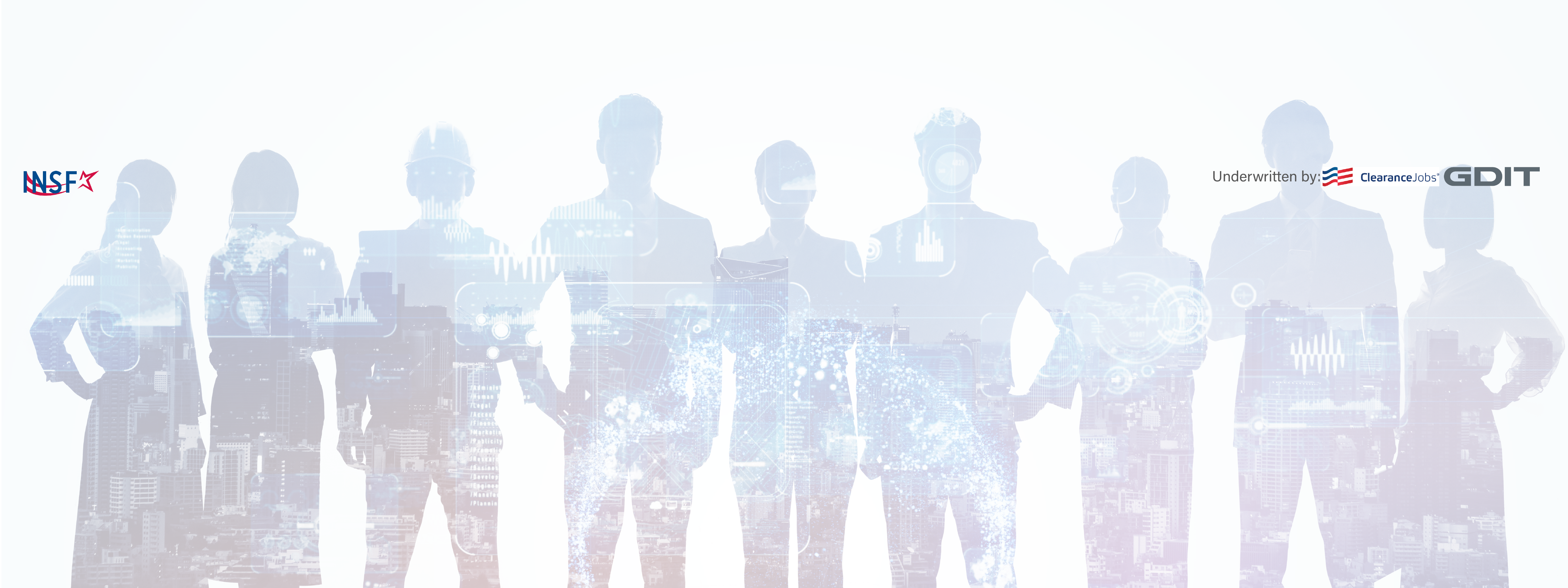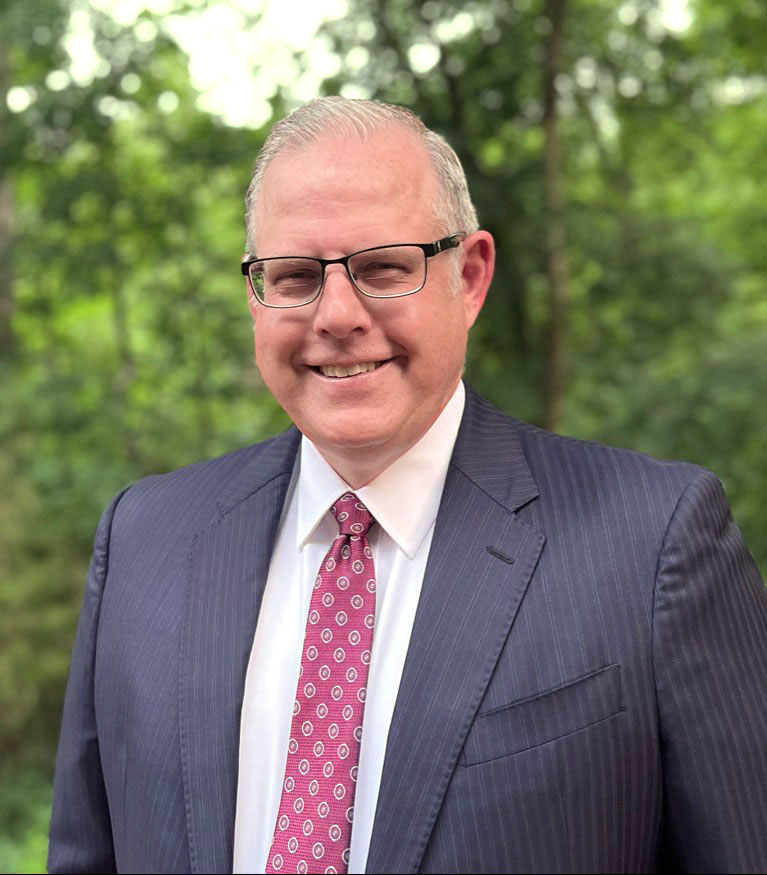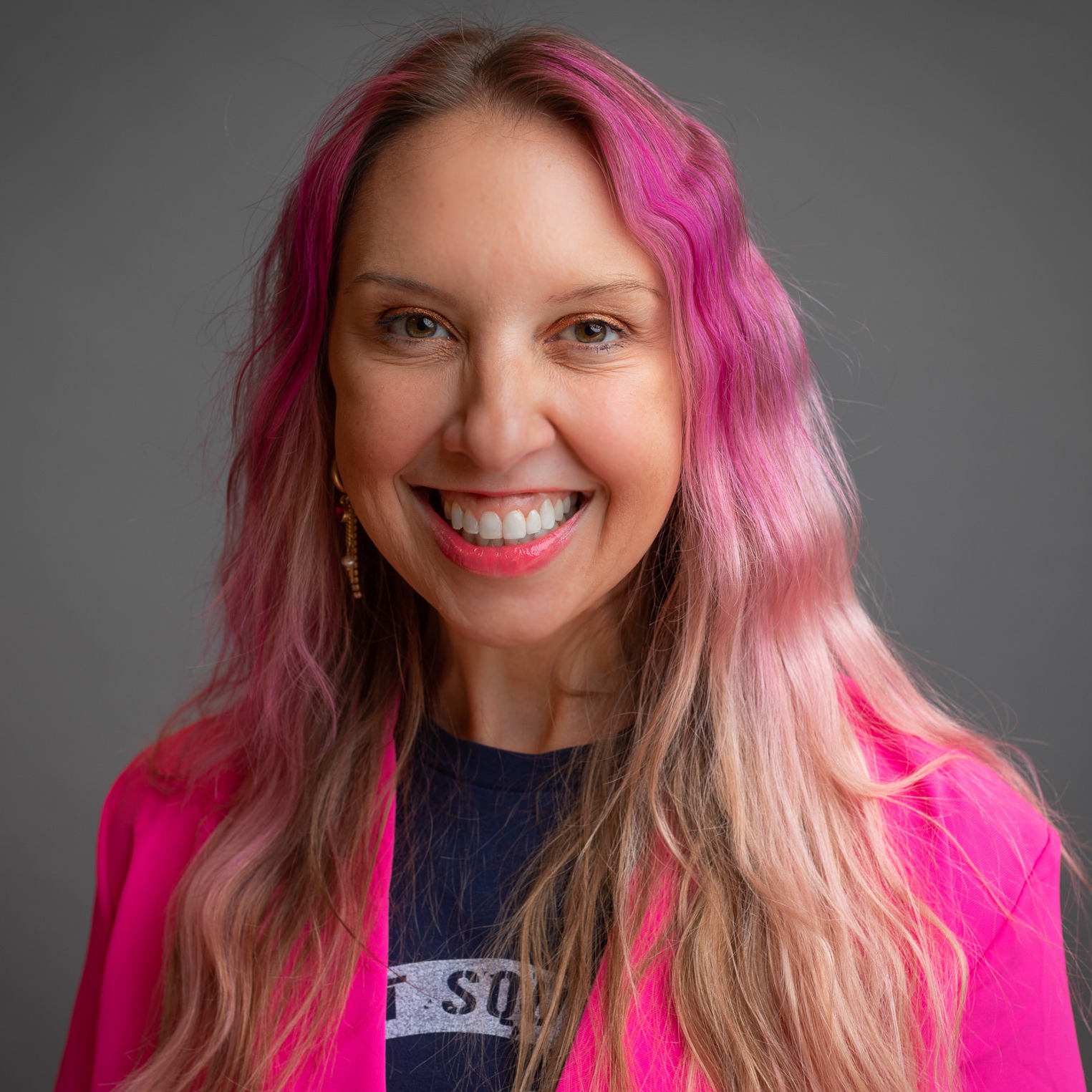
Future of the IC Workforce: Technology and Talent Transformation: Episode Two
September 16, 2024 2:00 PM to 3:00 PM
On Monday, September 17, the INSA Foundation in partnership with ClearanceJobs and GDIT, hosted the second installment of the "Future of the IC Workforce: Technology and Talent Transformation" series. Speakers included Kimberly King, Career Service Manager for Analysis, DIA, The Hon. John Sherman, Dean, The Bush School of Government and Public Service, Texas A&M University, and moderator Lindy Kyzer, Director of Content and PR, ClearnaceJobs.
The program opened with speakers discussing the unique values that national security careers offer. Ms. King stated that there is merit in safeguarding the nation by being a part of something bigger than yourself. Joining the workforce there is an opportunity for “combination of mission and chance to drive your own career,” said Ms. King. Dean Sherman reflected on his career pivots and being at the forefront of technological advancement over the years. He noted that “being a trailblazer” in a discipline is distinctive from other career paths.
The conversation shifted to the private sector’s competitive strategy to retain and attract new talent. Ms. King highlighted DIA is building their talent pipeline through IC Centers for Academic Excellence. This initiative leverages DIA’s connection with students across the country to onboard internships. The pay gap between the private sector and government presents a complex challenge for recruiting stem talent. Ms. King revealed the agency’s new pay model is a proactive recruiting strategy that is attracting stem students to the DIA. Mr. Sherman responded, that students at the Bush School of Government and Public Service Texas A&M are attracted to the national security mission. To transform mission-focused students to employees; the Bush School of Government and Public Service hosts professors of the practice that extend “tangible real-world example” of careers in the workforce.
Upskilling and training are focus areas of the DIA to ensure that employees are digitally- literature on emerging technologies. Kim noted that across-agency there are formal and informal training for employees. Continuing learning opportunities at DIA consist of technical training at universities, senior service schools, and speaker visits. Mr. Sherman urged that academia prepare the future workforce by enforcing effective and concise communication amongst students. “Getting them in a mindset that they’re writing decision-makers,” said Mr. Sherman. The ability to write clearly and brief a policy is a critical skill the workforce values.
The speakers agreed that to reach the future workforce there is a need for a flexible workspace. Improving retention and attraction strategies relies on the workforce to effectively track talent. Insufficient communication with applicants is resulting in the workforce losing skilled candidates during the process.
Special thanks to GDIT for underwriting this series!
.png?sfvrsn=9811bebc_1)

-v3.jpg?sfvrsn=ecab008e_1)


